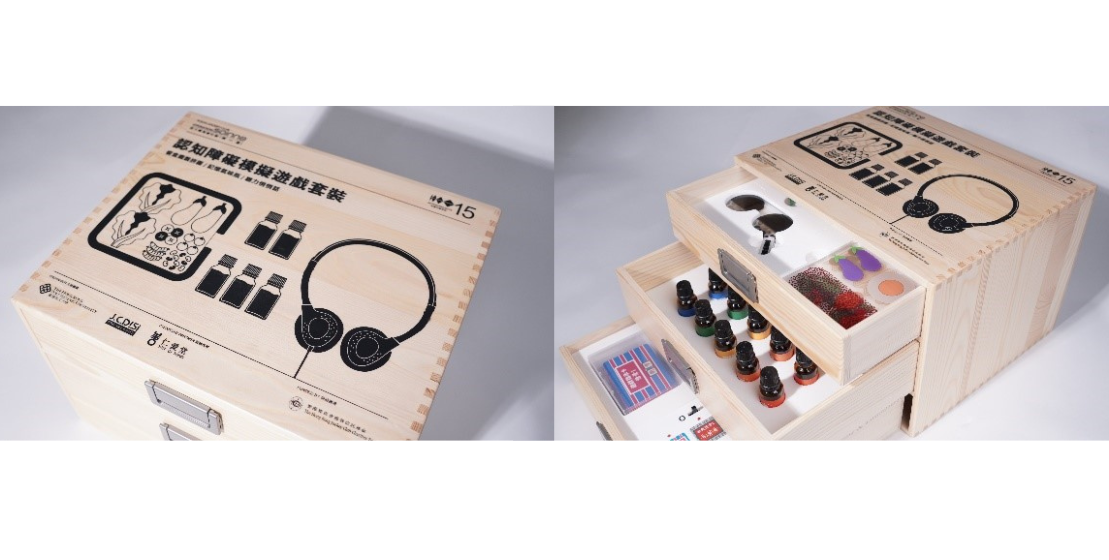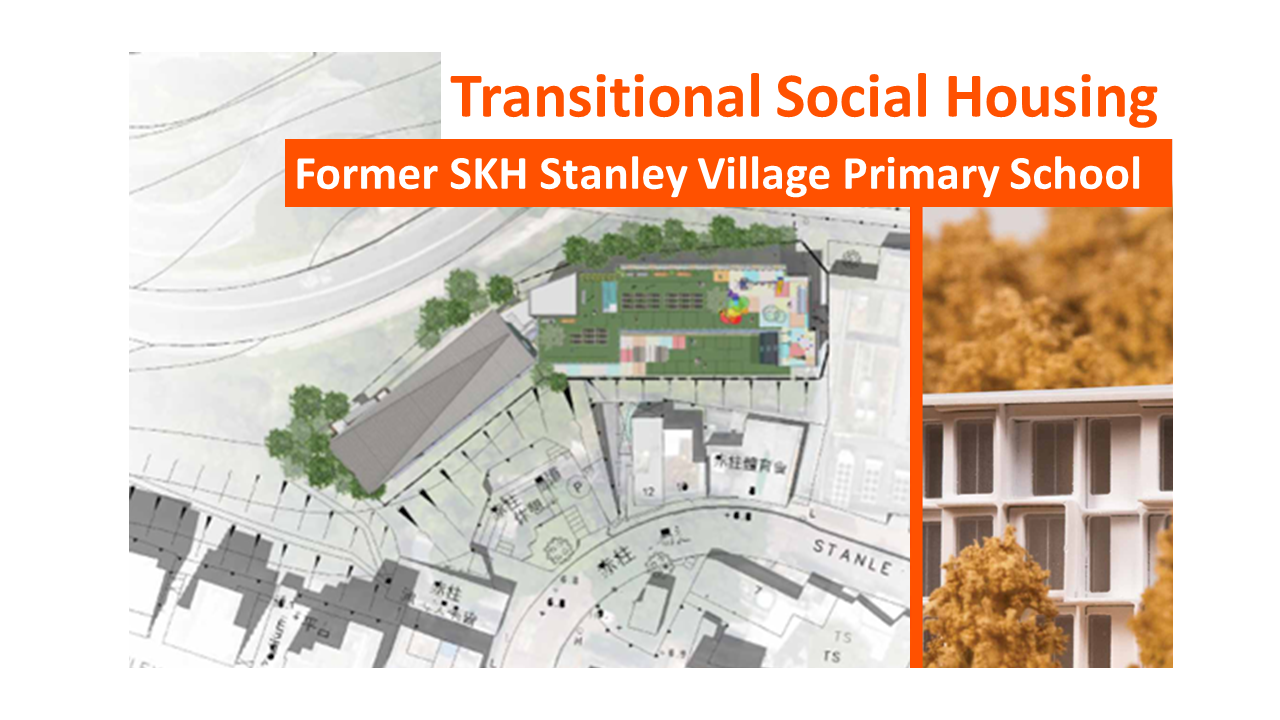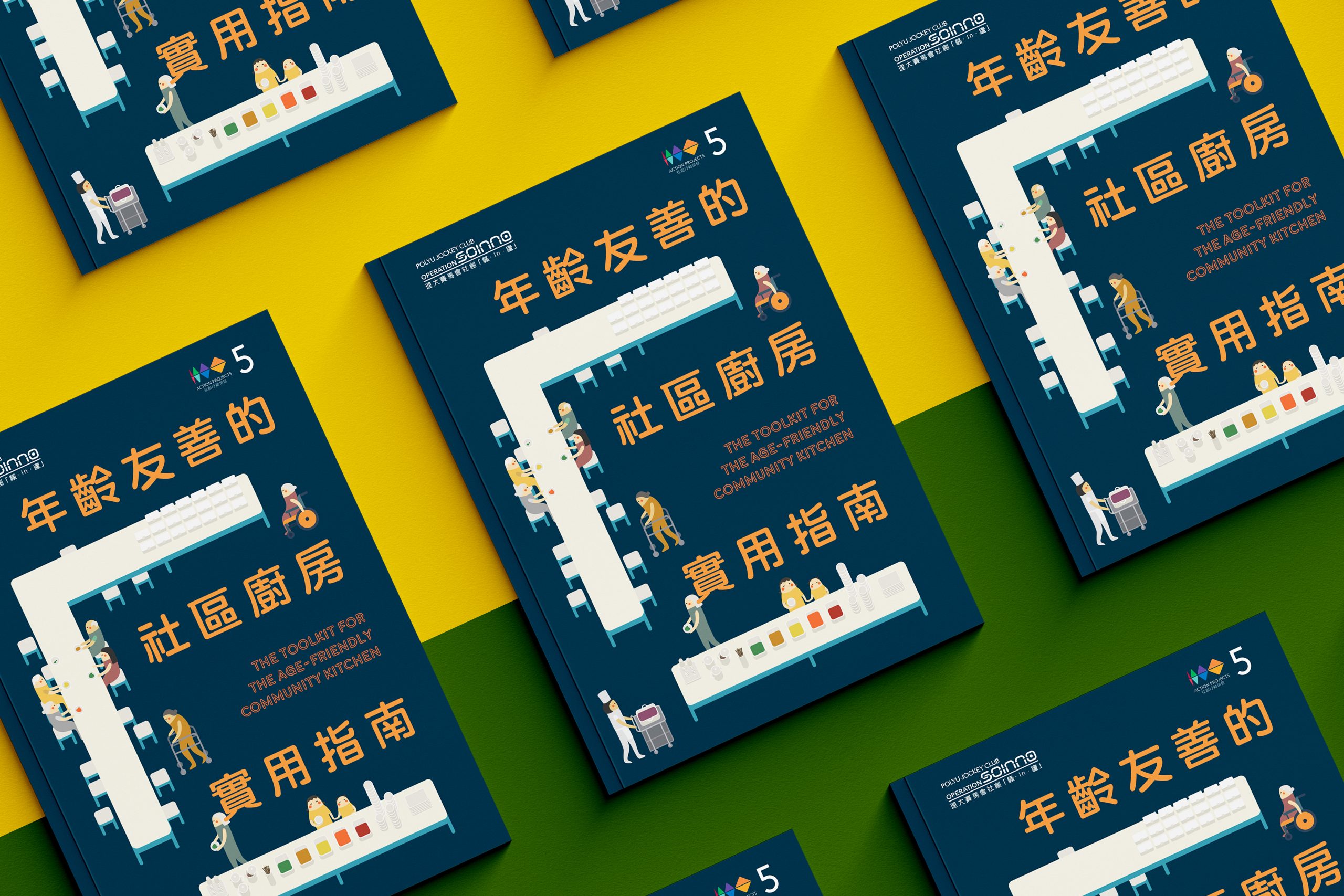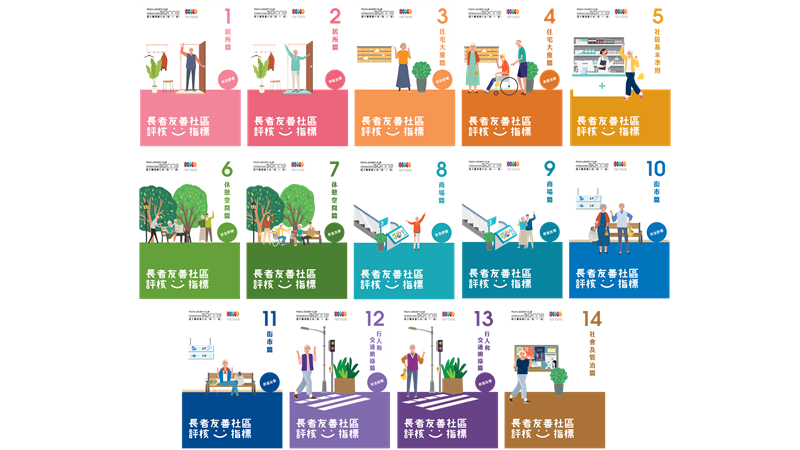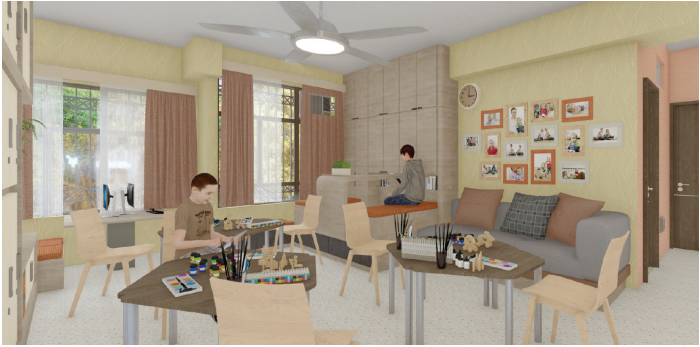Overview
The “Dementia-Friendly Gamified Public Education” is an action project of Operation SOINNO Season 15: Shaping Dementia Care Culture, organised by the Jockey Club Design Institute for Social Innovation (J.C.DISI) of the Hong Kong Polytechnic University. It aims to foster greater empathy towards people with Dementia in an entertaining and relaxing way. This is intended to help eliminate the association of Dementia as an illness, with the ultimate goal of creating a dementia-friendly community. Understanding the common everyday obstacles faced by people with Dementia, who suffer from progressive deterioration of brain function, the team has transformed vision, hearing and smell challenges into a gaming experience such that the public can empathise with dementia patients through the gaming process.
Outcomes
J.C.DISI conducted five playtests with community strategic partner Yan Oi Tong from July to August 2024. The test groups included stakeholders of different ages and sectors, such as older adults, teenagers, caregivers of people with Dementia, and children. The team subsequently collected feedback from over 80 participants through a questionnaire survey. More than 75% agreed that experiencing the daily life of people with Dementia through the game kit helped them better understand the challenges faced by these individuals. Additionally, nearly 75% of participants agreed that the game kit could enhance empathy towards people with Dementia.
The game kit has now entered the production phase, and workshops will be organised in collaboration with non-governmental organisations in the future to promote public education for a dementia-friendly community.
Process
Inspiration
This game kit originated from the PolyU Jockey Club “Operation SOINNO” Season 15 Social Innovation Symposium and its co-creation workshops, themed “Shaping Dementia Care Culture”. It recruited a group of public individuals from various backgrounds and professions concerned about the well-being of people with Dementia to become “social designers” and participate in the co-creation process. They contemplated the question of “When we become demented…” which sparked a series of reflections:
- How could your voice be heard?
- Are you still able or willing to contribute to the community?
- How should people in the community care for you when they meet you on different occasions?
- How can we create a culture of caring for people with Dementia in the community?
Participants in the co-creation workshop explored the daily lives of people with Dementia. They discovered that a community with awareness and empathy for Dementia is the first step towards creating an inclusive and friendly environment.
With this shared vision, J.C.DISI and Yan Oi Tong, one of the participating organisations from the co-creation workshop, conceived the idea of the “Dementia-Friendly Gamified Public Education” project. This initiative uses games to convey messages about dementia-friendly communities to the public. Unlike courses or lectures that deliver information in a one-way manner, games are a form of experiential learning with higher entertainment value, which helps attract public participation. Additionally, players learn through play, making it easier to cultivate empathy.

Ideation
Dementia is caused by various diseases and injuries that affect the brain (note [1]). It can also lead to other issues, such as changes in mood or personality, communication difficulties, and even a gradual loss of the ability to care for oneself (note [2]). Due to changes in the brain and disruptions in neuron transmission, delayed sensory responses become common for people with cognitive impairments. To help the public better empathise with these experiences, the team chose to use visual, auditory and olfactory elements as entry points for experiential games, simulating the real sensory experiences of patients.
Magnifying Glass 1: Design Concepts Behind the Game
| Cognitive domains | Relationship between brain health and the senses | Impact on daily life for a dementia patient with this impaired cognitive function |
| Visual | According to a study of the ophthalmic conditions and cognitive functioning of 12,300 elderly individuals (Note[3]), diabetes-related eye disease and age-related macular degeneration are associated with an increased risk of Dementia. Meanwhile, Dementia may damage optic nerves and reduce vision. | Individuals with Dementia may experience the following daily life challenges due to impaired visual perception: – Poor spatial awareness, leading to collisions with furniture or others, creating hazards. – Difficulty recognising faces. – Difficulty identifying objects, such as mistaking a cable for a snake on the ground. – Inability to read images or text. – Restricted or narrowed field of vision. – Some types of Dementia may cause visual hallucinations, leading to seeing people or objects that aren’t there. |
| Olfactory | The sense of smell directly transmits stimuli to many brain areas related to emotions and instinctive responses, such as the amygdala, which manages various emotions, desires, and hunger, and the hippocampus, which manages long-term memory. Smell provides critical information to the brain and triggers certain feelings and emotions, making it the most direct sense that can evoke instinctive behaviours and emotional memories. The olfactory decline is quite common among people with Dementia, with olfactory dysfunction in Alzheimer’s disease-type Dementia estimated to reach 100% (note [4]), even appearing in the mild cognitive impairment stage, making it difficult for patients to distinguish and recognise smells. | People with cognitive impairments may experience the following daily life challenges due to impaired olfactory perception: Diminished sense of smell, unable to detect potential dangers, such as the pungent smell of gas. Inability to recognise correct smells, reducing awareness of food safety, such as being unable to determine if food is spoiled or expired by smell. |
| Auditory | Hearing impairment is closely linked to the decline in brain cognitive abilities. When the sensory cells in the cochlea are stimulated, they transmit sound signals to the auditory nerve and brain, which then identifies these signals as sounds. When hearing declines, the auditory stimuli received by the brain also decrease, potentially leading to cognitive impairment issues. Additionally, cognitive impairment may further reduce the ability to distinguish sounds. Studies from different regions (note [5]) indicate that 60% to 90% of people with cognitive impairments also suffer from hearing loss, compounding the impact on their lives. | People with Dementia may experience the following daily life challenges due to impaired auditory perception: Inability to listen to multiple sound sources simultaneously. Only hearing parts of conversations. Difficulty concentrating on listening. These issues can affect daily communication, easily leading to misunderstandings and impacting interpersonal relationships. |
Many opinions suggest that the most important aspect of a game is that it is “simple enough.” If a game is too complex or time-consuming, it can significantly reduce interest. Therefore, the J.C.DISI team adopted the principle that “the game should be completed within five minutes,” designing simple tasks for each game focusing on presenting the unique cognitive states of individuals with cognitive impairments.
Magnifying Glass 2: Mechanism of the Gaming Experience
| Cognitive domains | Principles of the game experience | |
| Visual | The visual game allows players to experience common eye conditions faced by individuals with cognitive impairments, including glaucoma, macular degeneration, diabetes-related eye diseases, and drooping eyelids. Players must use special filters that simulate these conditions to complete a puzzle game themed around organising bento box ingredients. | Plating Puzzle |
| Olfactory | Players must rely on their sense of smell, using concentration, memory, and imagination to identify two components of a mixed scent. | Olfactory memory pen |
| Auditory | Players must use concentration, memory, and simple calculations to complete various small tasks according to the instructions on dialogue cards, all within a noisy and distracting background environment. | Sounds of whispering |
Implementation
After designing the game prototype, the team held pop-up playtests in the local neighbourhood and trial workshops at various Yan Oi Tong community centres, inviting the public to test the effectiveness of the game kit. The team found that players often misunderstood the game as a tool for testing cognitive impairment. Additionally, the game requires an appropriate facilitator to convey the message of being dementia-friendly. Therefore, this game kit relies on the facilitator’s guidance and explanation.


To address this, the team developed a Standard Operating Procedure (SOP) manual, which includes detailed gameplay instructions and the messages each game aims to convey. This standardises the entire game and explanation process for the staff facilitating the game. The manual can be used to train game staff, enabling them to guide players while providing detailed explanations of dementia symptoms.





